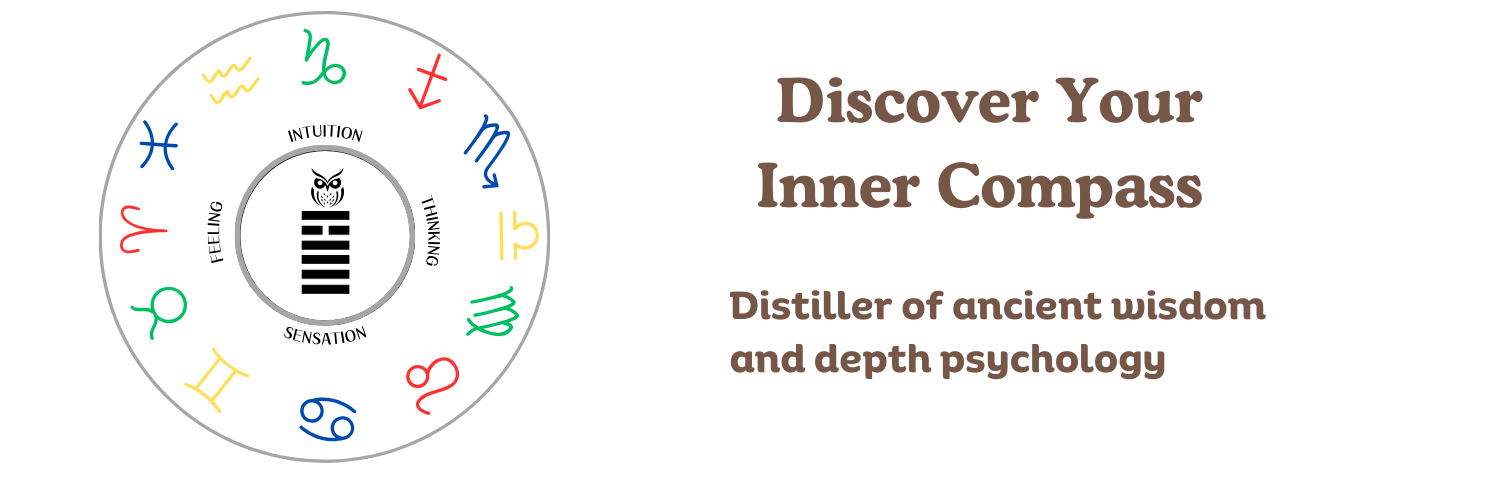Making harmony with your past
One of the things I’ve learned in the second half of life is that time is circular, not linear.
This has been a lesson of astrology. There are planetary cycles that repeat at certain intervals. For example, Jupiter spends approximately a year in each sign and is currently in Taurus. You could review the last time Jupiter was in Taurus 12 years ago to gain insight into what might happen for you this time and apply any wisdom previously learned.
Hexagram 64: Before Completion of the I Ching is the final hexagram. And yet it basically says we are similar to how we were at the beginning. It helps us to review the past and, of course, astrology is one way to do that.
So often the focus in astrology is to offer archetypal predictions of the future. My favorite thing to do as an astrologer, however, is to help people make sense of their past and offer a meaningful narrative about what they have been through.
When you make harmony with your own past, including any unfinished business of your ancestors that may have been passed on to you, you have more clarity about yourself and are therefore more capable of accepting others for who they are.
Mercury is retrograde in Mercury-ruled Virgo right now. Retrogrades are a good time for review of the past and, of course, Mercury is the planet associated with that kind of analytical work, especially in Virgo.
Hexagram 64 uses the image of a fox crossing the river only when there is solid ice. If the fox instead crosses when the conditions aren’t right, and gets its tail wet, then the fox’s effort is in vain.
The lesson here, per Richard Wilhelm’s translation, is that “deliberation and caution are the prerequisites of success…Thus the superior man is careful in the differentiation of things, so that each finds its place.” That is very Virgo.
There are daily opportunities to excavate one’s history and help tune into the conditions in your soul so as to better make those figurative river crossings. James Hollis recommends asking yourself the following questions in your journal each day, so I will close with these:
“What got touched today? What generated a significant amount of energy? Where did that energy come from? What did that touch in my history? What satellite issues might that have activated?”
_
Schedule an Astrology Consultation | Subscribe to the Monthly Depth Books Newsletter | Contact Me
*The 64 hexagrams of the I Ching, an ancient Chinese text, are arranged along the ecliptic (the celestial equator) in Human Design. In astrology there are 12 zodiac signs along the ecliptic, so there are 5.3 hexagrams per zodiac sign. I’m contemplating these hexagrams as a way to engage with astrology, the I Ching, and Jungian psychology.
References:
I Ching or Book of Changes translated by Richard Wilhelm
A Life of Meaning: Relocating Your Center of Spiritual Gravity by James Hollis










